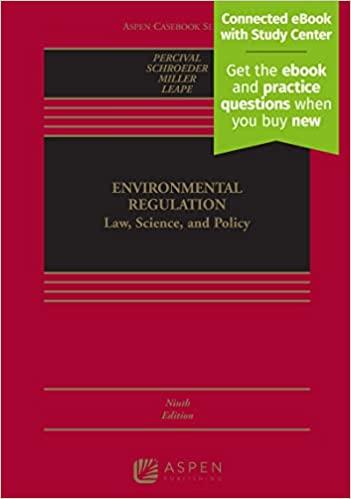4. ms. Consumer oougnt a weignt-ioss tea, aovernseo as "me oieter's secret weapon," tnat guaranteed weight loss of 17 pounds and 16 percent of body fat in just 12 weeks without diet or exercise. This offer was appealing because Ms. Consumer's job and family commitments left her with no time to exercise. In addition, her doctor was concerned about her cholesterol and blood sugar levels and told her she needed to lose 25 pounds. Ms. Consumer learned about the product, Healthtea, on a national TV show. While being interviewed, the owner of the company claimed that his product was backed by a clinical study. Ms. Consumer decided to purchase the required minimtun six-month supply at a cost of $100 a month. After using the tea for six mondis, Ms. Consumer had lost only three pounds. She seeks legal counsel because she feels she was taken advantage of and wants to prevent Healthtea from continuing to make false claims. She would also like to get her money back, but that is not her primary concern. The federal government and many states have laws and agencies that protect consumers from unfair and deceptive business practices. In this assignment we will review a secondary source pertaining to constuner protection laws and government agencies to see how they could help Ms. Consumer. a. Begin by analyzing the facts. Make a list of relevant legal terms to look up in an index. b. Select a secondary legal resourcesuch as American Jurisprudence, Corpus Juris Secundum, or American Law Reportsto use in your research. Record the name of the source. Consult the general index volumes. c. List the index topics and citations from the general index volumes under which you found relevant information. (If you have difficulty locating relevant information, try checking the topic indexes in the individual voltunes.) Many primary and secondary sources have tables of abbreviations near the front of the book (or on the website) that you should consult about the meaning of abbreviations. d. Look up these citations in the individual volumes of the secondary sources to find an answer to Ms. Consumer's legal issues. According to the secondary source, what rights does Ms. Consumer have against Healthtea? What action(s) can Ms. Consumer take to stop Healthtea from selling its product? Can Ms. Consumer recover any money? e. List the citations to the volumes, topics, and sections where you found the possible answers. Be sure to check the pocket part for the most current citations if you use printed resources. 5. After you have analyzed the facts of Ms. Consumer 's legal dilemma, made a list of legally and factually relevant terms, and reviewed a secondary source as described in the preceding question, can you find a citation to the federal law governing this topic? If so, locate the volume needed in the federal statutes. If not, use an index to an annotated version of the federal statutes in order to look up the relevant terms that will help you locate the statute volume. Then do the following







